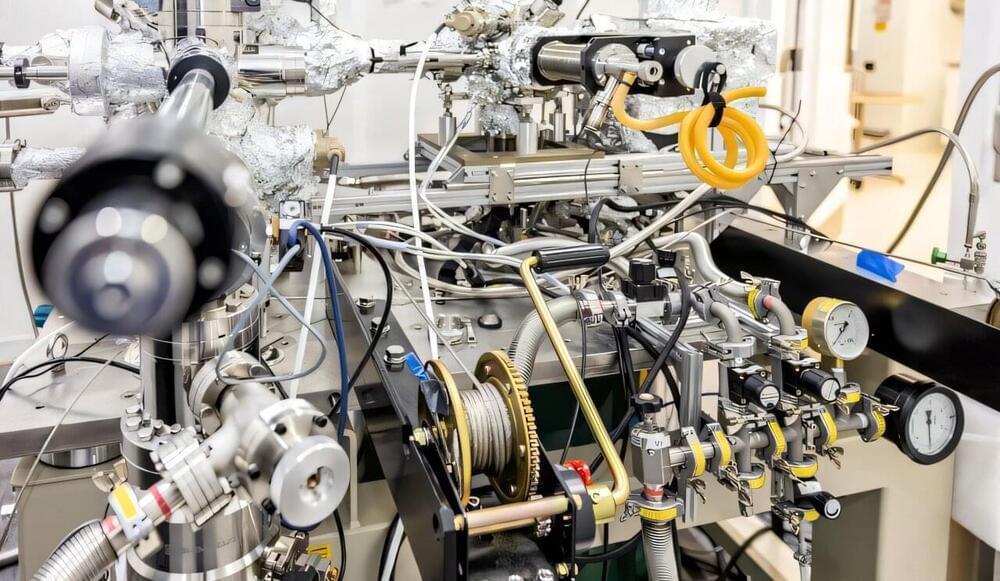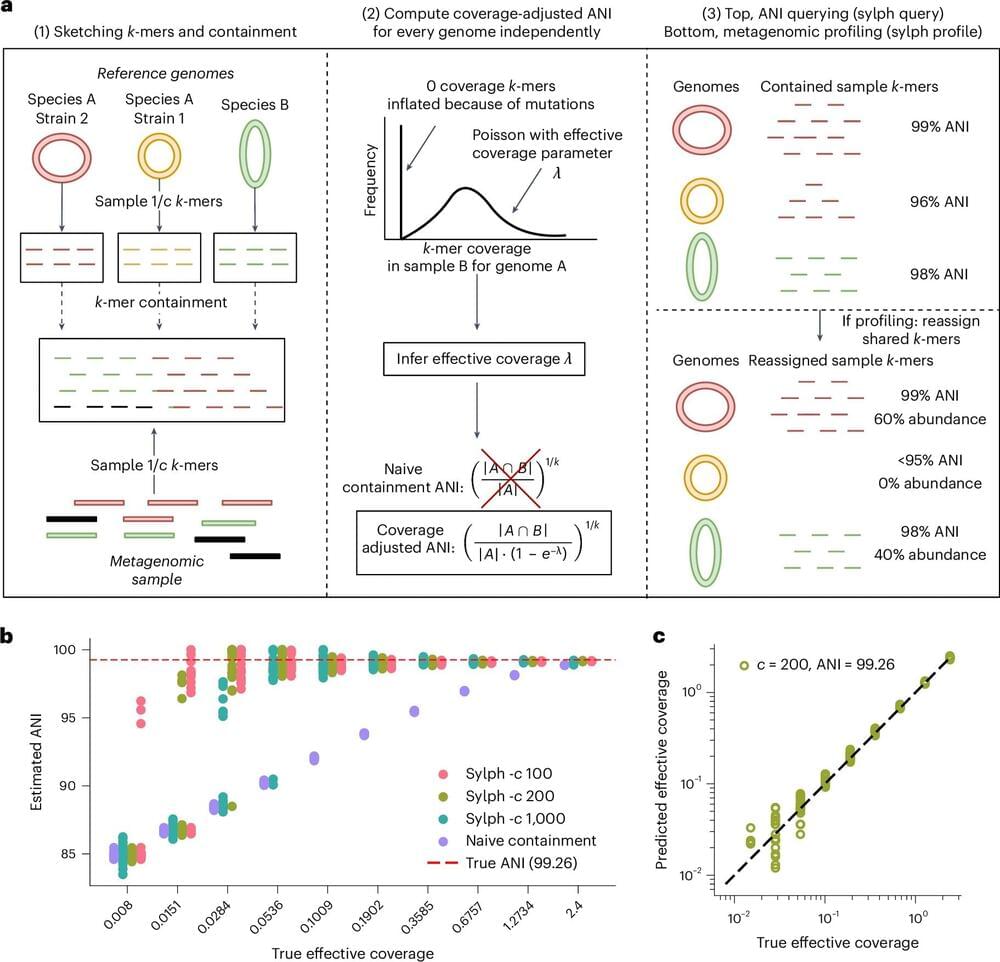
Tumors find different ways to avoid immune cell detection and proliferate in their environment. Antitumor immune cells will initially recognize and target the growing tumor; however, different mutations and adaptive mechanisms allow the cancer to persist. For example, it is well documented that tumors secrete different proteins to suppress immune cell activity. In other words, these proteins prevent healthy immune cells from properly functioning. Researchers focus on different aspects of immune cell suppression to allow cancer-targeting cells, known as T cells, to appropriately recognize and stop tumor growth. Previously, it was discovered that lactic acid is generated and secreted by the tumor cells and aids in their progression. Specifically, lactic acid suppresses T cells and prevents immune cells from reaching the tumor. Lactic acid generates a low pH level in the tumor microenvironment that makes it difficult for immune cells to properly function. Lactic acid fermentation or production was also found to limit therapeutic efficacy and elicit cancer drug resistance.
The limitation of cancer immunotherapy is due to the dysregulated metabolism or energy uptake generated by lactic acid. Immune cells switch “off” their antitumor activity, which allows cancers to progress. The study of these different metabolic processes is difficult because of a cell’s ability to change nutrient breakdown instantly. Therefore, scientists have trouble isolating cells in their natural state without disrupting the cell’s metabolic integrity. Although metabolism is difficult to study, scientists are working to understand more about lactic acid and its effect on immune cells. In this context, researchers hope to develop stronger immunotherapies that elicit a robust and durable antitumor response.
A recent study in Nature Immunology, by Dr. Greg Delgoffe and others, discovered that tumor-infiltrating T cells in the tumor microenvironment uptake lactic acid through a specific membrane transporter that reduces their function. Delgoffe is a professor in the Department of Immunology at the University of Pittsburgh and a member of the University of Pittsburgh Cancer Institute. His work focuses on T cell metabolism in the tumor microenvironment and how physicians can leverage these processes to overcome therapeutic limitations.


















